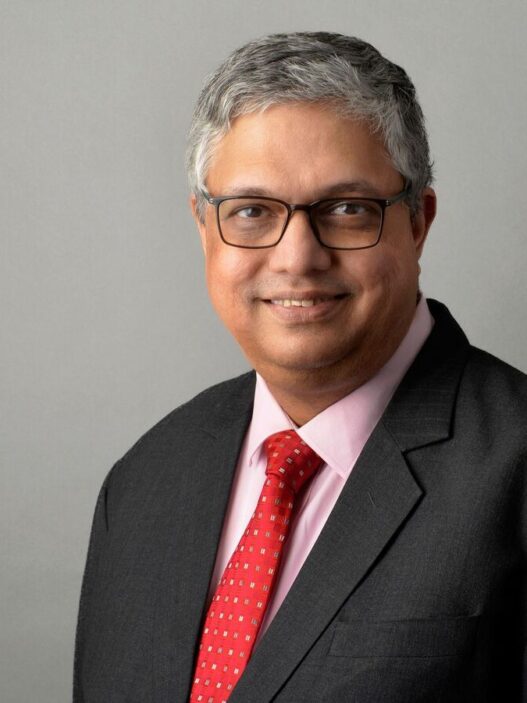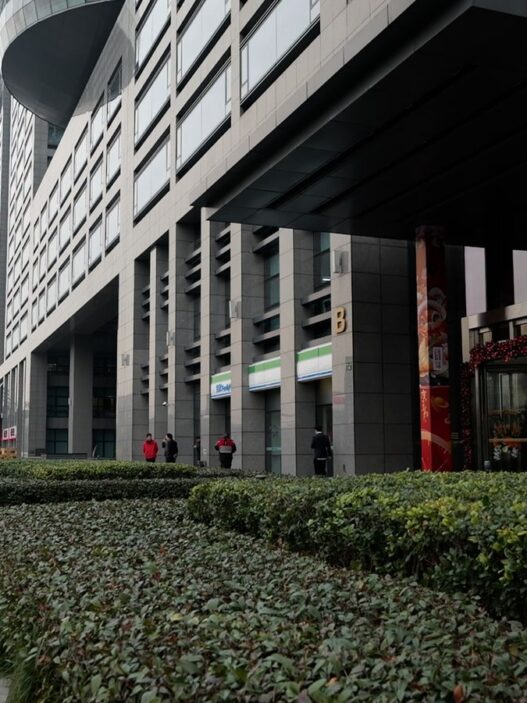A member of the Bank of England’s rate-setting committee has made a case for a steeper cut to interest rates on expectations that an inflation “hump” ahead will be temporary.
Catherine Mann, an American economist, told an audience in Leeds that she currently did not see a repeat of an extended period of inflation in the months to come, such as that which followed Russia’s invasion of Ukraine.
She described herself as an “activist” on the Bank’s monetary policy committee, having voted last week for a half percentage point interest rate reduction.
Ms Mann said her decision aimed to “cut through the noise” about the right stance for policy given the weaker outlook for employment and the economy than had been previously expected at the end of 2024.
Money latest: My company cut my pay by £700 to cover NI rise
But she cautioned that while her policy path differed from the majority view for “gradual” rate reductions, she said the Bank would need to remain restrictive for longer.
Ms Mann had been considered the top hawk – a policymaker leaning towards higher rates – on the Bank’s monetary policy committee (MPC) until it emerged she had backed a half-point cut.
A 0.25 percentage point reduction was passed.
Her earlier worries about rate cuts included a high pace for wage growth and budget-linked investment, stoking inflation down the line.
Last Thursday’s rate decision meeting minutes showed that she, and one other member of the MPC Swati Dhingra, had varied concerns relating to the Bank rate remaining too restrictive at a time of weak economic growth and a weakening employment outlook, with both likely to weigh on inflation naturally.
New Bank staff projections saw the economy growing by just 0.75% this year and inflation topping 3.7% – up from the current 2.5% rate.
Ms Mann told the audience at Leeds Beckett University: “In a speech last February I said, ‘Do not be seduced by the deceleration in headline inflation’. This February, I say, ‘Do not be dismayed by the hump… yet’.”
She expected much of the anticipated increase in inflation this year to come from energy and food, with contributions from other elements such as water bills, phone bills and insurance.
These are factors outside the Bank’s control.
What it wants to avoid is a price spike that forces up wage growth to counter the higher costs – as happened after the energy-led start to the cost of living crisis in 2022.
She said that elements such as budget tax rises on employment would, as Bank surveys have suggested, weigh on both wage growth and therefore inflation.
“I chose 50 basis points now, along with continued restrictiveness in the future, and a higher long-term Bank Rate
to ‘cut through the noise’,” she added.












